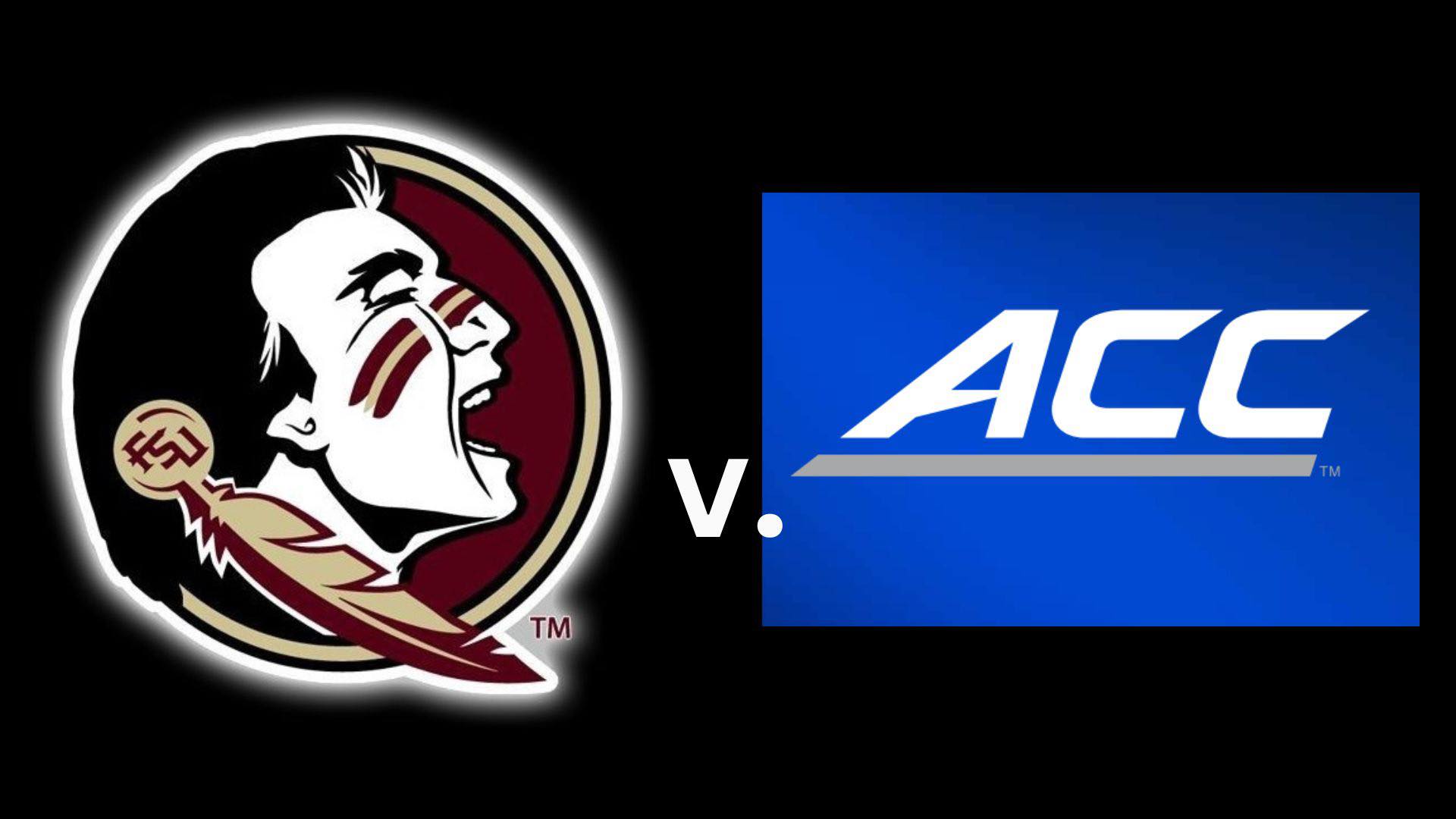A judge in Leon County, Florida has given the Atlantic Coast Conference a very limited and temporary victory in its fight to dismiss the Florida State lawsuit against the conference. With the ruling, the case of Florida State v. The ACC is still far from going to trial.
For those having a hard time keeping the lawsuits organized on their ACC litigation bingo cards, this is the matter of Florida State suing the conference to get out of the Grant of Rights and the exit fees.
A Limited ACC Victory
Monday, after about a four-hour long hearing, Florida Second Circuit Court Judge John C. Cooper issued his partial ruling. Cooper granted the ACC’s motion to dismiss the case but with leave to amend for Florida State. This was the second hearing in the last four weeks trying to resolve the ACC’s motion to dismiss. There will now be a third.
This, and the reverse case in Mecklenburg County, NC, has been about the appropriate venue to hear the entire case. But during much of the oral arguments Monday in Leon County court, FSU’s attorney Peter Rush routinely brought up issues of legal “personal jurisdiction” that were not argued in writing in the briefs. Judge Cooper, throughout the morning and early afternoon, told Bush that what he was presenting was nowhere to be found in Florida State’s written arguments contesting the motion to dismiss. when given the chance to point them out, Bush acknowledged that there were inadvertent omissions.
What the Ruling Means
By giving a limited granting of the ACC’s motion with leave, the judge essentially gave Florida State a do-over to re-write some of its briefs. Judge Cooper also granted the ACC’s motion to extend the stay of discovery. That will be reconsidered at the next hearing. The ACC is seeking to keep much of its contract with ESPN out of evidence. Monday, Florida State attorneys claimed that the discovery they were given by the conference leaves pages one through 160 of the ESPN contract as blank.
The ACC, and co-litigant ESPN, claim that the details in the contract between the two need to remain confidential in order to protect ESPN’s industry secrets from competitors in the industry. With Monday’s ruling, the status of that evidence/discovery remains unchanged for now.
The Bigger Picture
In announcing his ruling, Judge Cooper said the magnitude of the legal actions in all the pertinent venues means, “We can’t proceed with our eyes closed.” He advised Florida State’s legal counsel that they were going to be given the chance to, “Argue with more specificity. I can’t commit myself to what is in the [written] complaint.”
In its arguments against Florida State, ACC attorney Amber Nunally contended that there is nothing in any of the conference agreements that the school was not aware of years ago, including the cost of the exit fees. Those fees are estimated to be between $130 and $140 million dollars.
Florida State’s counsel rebutted that the lack of a specific dollar amount is indicative of the larger problem. Attorney Bush said that the ACC Constitution lays out the exit fees at a multiple of 3x the conference operating budget. Bush said the school fought against that fee when it was instituted in 2016. He also noted that when it was put in writing, the conference’s operating budget was much smaller than it is now, making the exit fees a moving target.
Next
But the real crux of the hearing, as it was previously in Mecklenburg County, was which court is the proper venue for these lawsuits. Judge Cooper lightly chided both sides for arguing their case versus the current motion(s).
Judge Cooper gave Florida State an additional seven days after the order is rendered in writing to revise its written brief. That means they have about 10 days in real-time. The ACC will then have 20 days to revamp its written response to FSU’s amended filing. It is only at that point that the third hearing on this one motion will be scheduled. With all of that in mind, it is unlikely that the motion to dismiss filed in February will be resolved before early Summer.






